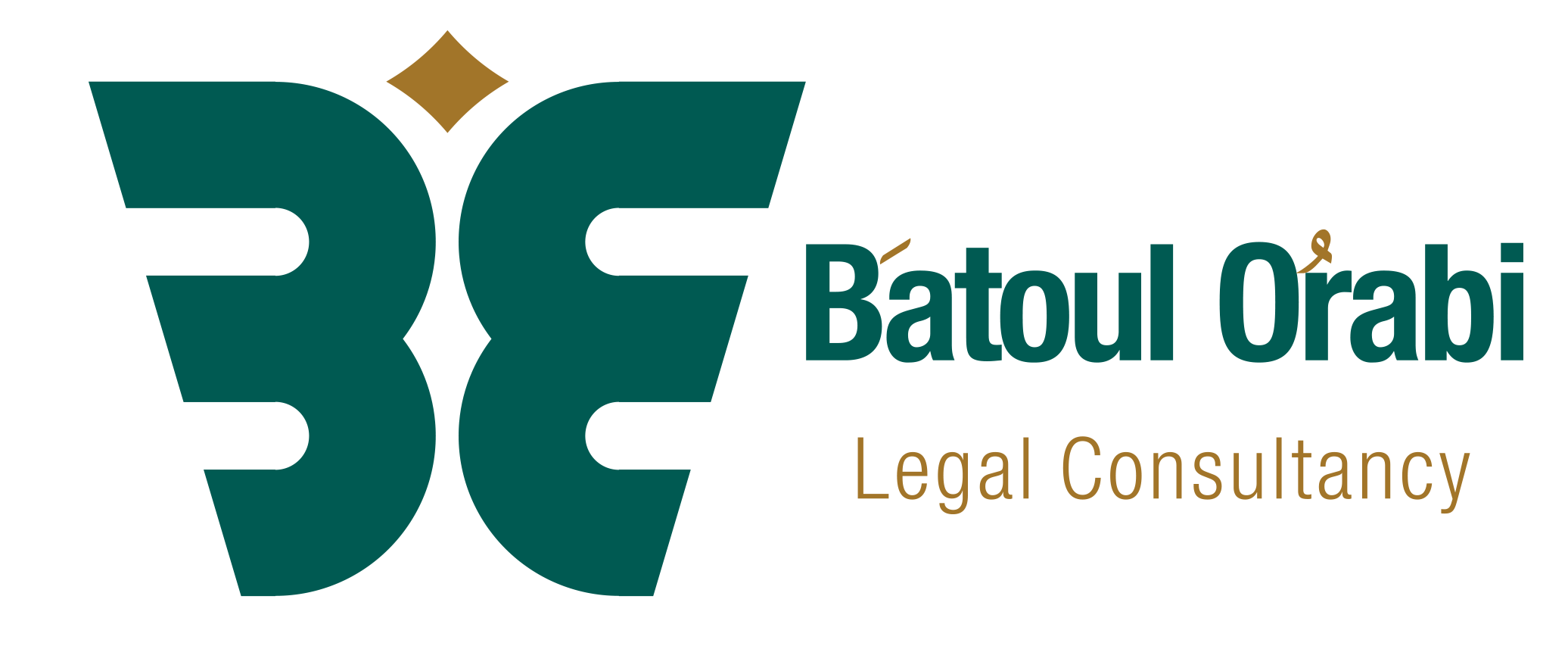
There are many charities in the UAE, as well as many Generous donors, so donors are looking for reliable charities due to a large number of unlicensed ones.
This is what we will present to you in this article, to introduce you to unlicensed associations and the differences between them and licensed associations, as well as the penalties that their owners face, so continue reading.
Donations Law
The Federal Law on Donations No. 3 of 2021 AD provides for the organization of collected donations, whether movable or immovable, or whether cash or in-kind, movable or immovable, from national or foreign currencies, and they also include instruments, bonds, and shares, whether electronic or digital, to provide humanitarian and charitable services and aid, and on charitable causes.
To view the details of the law, you can do so by clicking here.
The goal of issuing a donation law
The law regulating donations is regarded as one of the most important laws in the United Arab Emirates, owing to its association with the culture of charitable work and giving that is at the heart of Emirati society. As a result, the Ministry of Social Development has worked hard, in collaboration with the appropriate local authorities, to draft a federal law that will govern this work according to a set of principles, Provisions, and controls in place to protect donor funds from exploitation and ensure that they reach their intended recipients.
Penalties for those who violate the Provisions of the Fundraising Law
UAE laws have defined a set of penalties for those who violate the country’s fundraising laws, which include the following:
- Anyone who receives or collects gifts, donations, bequests, or subsidies from entities or persons outside the country in a manner that violates the procedures and controls specified by the executive regulations of UAE law shall face a fine of not less than two hundred thousand dirhams and not more than five hundred thousand dirhams, or one of the two penalties, which is doubled if the offense occurs again.
- Anyone who trades in donation funds or manipulates the distribution of returns and revenues of association members and employees faces imprisonment and a fine of not less than two hundred thousand dirhams and not more than five hundred thousand dirhams, or one of the two penalties, which is doubled if the offense occurs again.
- Anyone who commits an act that damages public order, morals, or national security while collecting donations, as well as anyone who encourages sectarian, racial, ethnic, cultural, or religious conflicts, or for any illegal purpose in the country’s legislation, shall face imprisonment and a fine of at least two hundred dollars, One thousand dirhams, and no more than five hundred thousand dirhams, or one of the two penalties, which is doubled if the offense occurs again.
In this case, the court decides to confiscate all donations collected in violation of the law, as well as to deport the foreigner after he has served his sentence.
The difference between those who are licensed to collect donations and those who are authorized to do so.
Many people wonder what the difference is between parties licensed to collect donations and those authorized to collect donations, here is an explanation:
Licensed parties:
They are associations, federal institutions, and local and private charitable bodies that the state’s decrees, decisions, and laws allow them to establish in order to receive, present, and collect donations, so that these bodies have the right to organize any action aimed at collecting donations without the permission of the competent authorities because their main goal is to collect, present, and receive Donations.
Authorized Parties:
They are legal individuals who have been granted permission by the appropriate authorities to collect donations in accordance with the law, such entities must obtain permission from the appropriate authorities in accordance with the controls and requirements outlined in the law and its executive regulations.
Is there a list of Parties that have been licensed and approved to accept and collect donations?
There is a group of state-accredited institutions and associations, as well as parties that have obtained a permit from the competent authorities to collect donations.
Why has the fundraising process been limited to charities?
because charities have the extensive experience and capabilities required to carry out these tasks.
Is it legal for the average person to collect donations from the public?
The law prohibits ordinary citizens from collecting public donations because of the difficulty of supervising and monitoring them, whether from monitoring the sources of fundraising or monitoring the beneficiaries, in order to reduce the risk of fraud and exploitation.
Finally, we hope that we have provided you with useful information about this type of law in the United Arab Emirates.

